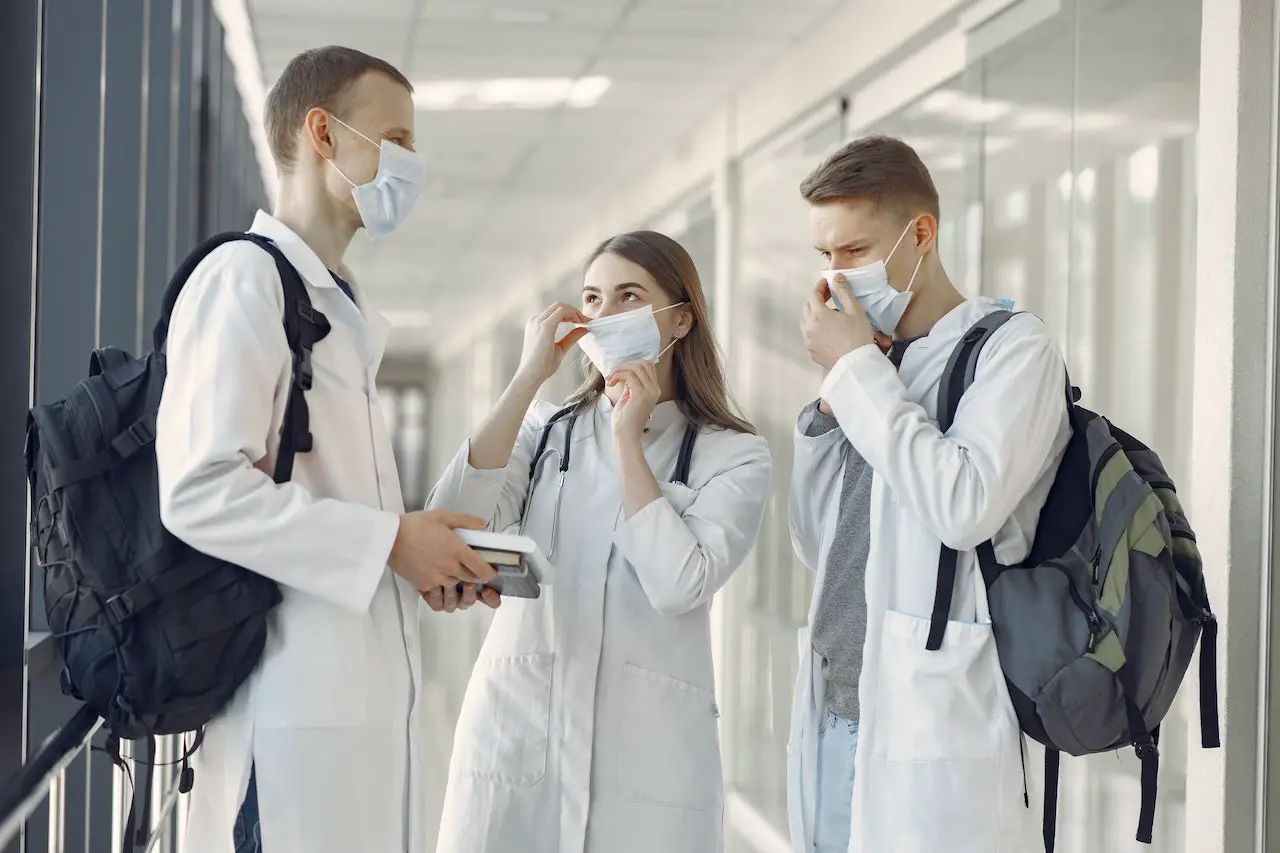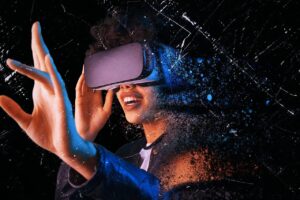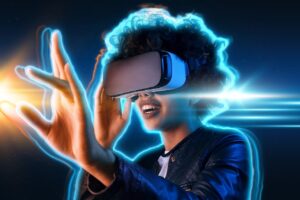Developed by Goggleminds, a UK-based VR training startup, ‘Mediverse’ is a novel virtual reality environment that intends to link medical professionals and provide them with remote training.
Azize Naji, the company’s founder, explained the concept as a virtual reality space where users can interact with a computer-generated environment and other participants.
The Mediverse is essentially a digital platform focused on medical VR training. Professionals and medical students should be able to use Mediverse from anywhere and connect nationally and internationally, unlike current medical VR training apps.
Goggleminds simulates real-world clinical settings and scenarios in virtual reality. Without risking themselves or their patients, doctors, surgeons, medical nurses, and students can practice new skills or solidify old ones.
For medical students and nurses to adequately prepare patients for operations, Mediverse offers virtual reality experiences. Along with the University of South Wales, Goggleminds is developing VR training geared explicitly toward healing children.
“What we do is we use the power of virtual reality technology to re-create clinical environments and clinical scenarios to replicate what you’d get in real life,” Naji said. “So a doctor or nurse, surgeon, or medical student, can test those skills and can retain that knowledge without having to put themselves or patients in danger.”
According to Naji, VR training aims to make it more accessible and to give students a pleasurable learning experience.
Goggleminds is not the only enterprise attempting to introduce virtual reality to the medical field. The market for immersive medical technology, such as virtual reality and augmented reality, has the potential to be worth $1 billion. By the end of 2027, this industry, according to market analysts, will be worth almost ten billion dollars.
VR in medicine provides additional advantages besides only training medical professionals. For instance, hospitals in the UK are utilizing VR as an anesthetic. Experts claim that the only uncommon negative effect of VR anesthesia is motion sickness. Additionally, it lowers hospital expenses because, in some circumstances, unlike with general anesthesia, no additional overnight stay is required.
Follow us on LinkedIn.
Read other Articles





